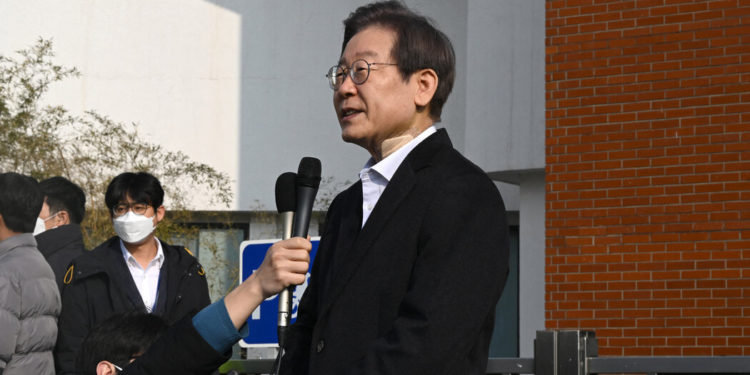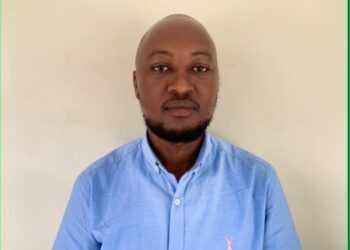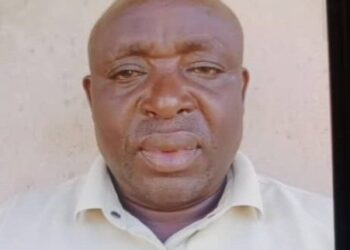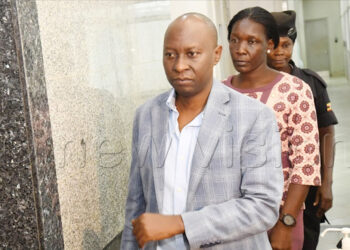By THE NEW YORK TIMES
The man who stabbed the main opposition leader of South Korea in the neck last week wanted to kill him so that he would never become president, the police said, in an alarming escalation of the country’s political polarization.
A 66-year-old man who was arrested after the attack was handed over to prosecutors on Wednesday to be formally indicted on a charge of attempted murder. The South Korean police did not release his name, but he was identified by local news media by his surname, Kim.
The man, the police said, had planned to kill Lee Jae-myung, the leader of the liberal Democratic Party, for months, even preparing an eight-page manifesto and asking a friend to release it to relatives and the news media after the attack.
On Wednesday, Mr. Lee, 59, was released from a hospital in Seoul, the capital, where he had been recovering from surgery to a jugular vein that was damaged in the attack.
The attack, the worst against a South Korean politician in nearly two decades, drew attention to the polarization and mutual hostility between conservative and liberal South Koreans that appeared to be deepening ahead of parliamentary elections scheduled for April. Mr. Lee lost the presidential election in 2022 to Yoon Suk Yeol, a conservative, by a razor-thin margin, and he hopes to run again in 2027.
Facing supporters and TV cameras as he left Seoul National University Hospital, Mr. Lee called for “an end to warlike politics where one side is not satisfied until it kills the other side.”
“I hope that this incident, which has shocked everyone, will be a milestone toward ending politics of hatred and confrontation and restoring politics of mutual respect and coexistence,” he said.
The suspect was “driven by his personal political convictions to commit this extreme crime,” said Woo Cheol-moon, the police chief in Busan, a port city in southeastern South Korea where the Jan. 2 attack took place.
The suspect told investigators that he was unhappy with what he saw as slow progress in trying Mr. Lee, who faces corruption and other charges. Mr. Lee has denied those charges and has accused Mr. Yoon’s government of using the investigations as political revenge.
By killing Mr. Lee, the man hoped to “block him from becoming president” and hinder his political allies in the upcoming parliamentary elections, Mr. Woo said during a news briefing.
The suspect made similar claims in his eight-page manifesto, whose text was not released, Mr. Woo added.
The man insisted that he had acted alone, and the police said they could find no others involved in the attack. But they questioned a man in his 70s who they said was briefed by the suspect about his plan and entrusted with seven sealed envelopes that contained his manifesto and were addressed to relatives and news outlets. The suspect asked the man to post his manifesto only to his relatives if he failed to kill Mr. Lee, the police said. The mail was intercepted by the police before it reached the relatives.
The police said that the suspect had planned an attack for months, buying a camping knife online in April last year. He began stalking Mr. Lee in June, attending six of his political events around the country, officials said. When he approached Mr. Lee on Jan. 2, he was wearing a paper crown and carrying a hand-held sign to make him look like a supporter. He asked for Mr. Lee’s autograph before plunging his knife into his neck, according to live-streamed footage of the attack.
He was detained by the police on the spot.
“I am sorry for causing concerns,” he told reporters on Wednesday as he was transferred from a police station in Busan. Before entering the prosecutors’ office, he told reporters that he had acted alone.
“How could I plan this with someone else?” he said.
The police did not disclose the suspect’s political affiliation, citing privacy regulations, but said he liked to watch conservative YouTube channels. South Korean news media said the suspect was a member of Mr. Yoon’s conservative People Power Party before he shifted his membership to Mr. Lee’s Democratic Party last year in an apparent attempt to gain better access to his political schedules.
Mr. Yoon has condemned the knife attack as an act of “terror,” and his party blamed it on “radicalized politics.” But Mr. Lee’s opposition party on Wednesday accused the police of withholding details of the suspect’s party affiliations to minimize the potential political fallout against Mr. Yoon and his party ahead of the April elections.
“While the police refused to disclose full data, we see the flood of fake news about this political terror reaching a dangerous level,” said Kwon Chilseung, a spokesman of the Democratic Party.
Mr. Lee’s narrow loss to Mr. Yoon in 2022 has only exacerbated the political divide in South Korea, with their fervent supporters spreading hate speech and conspiracy theories against each other online. After Mr. Lee was attacked, many of his conservative detractors spread rumors that the episode was “fake news” and that Mr. Lee had only suffered a minor injury from a “paper knife” or a “wooden chopstick.”







Discussion about this post